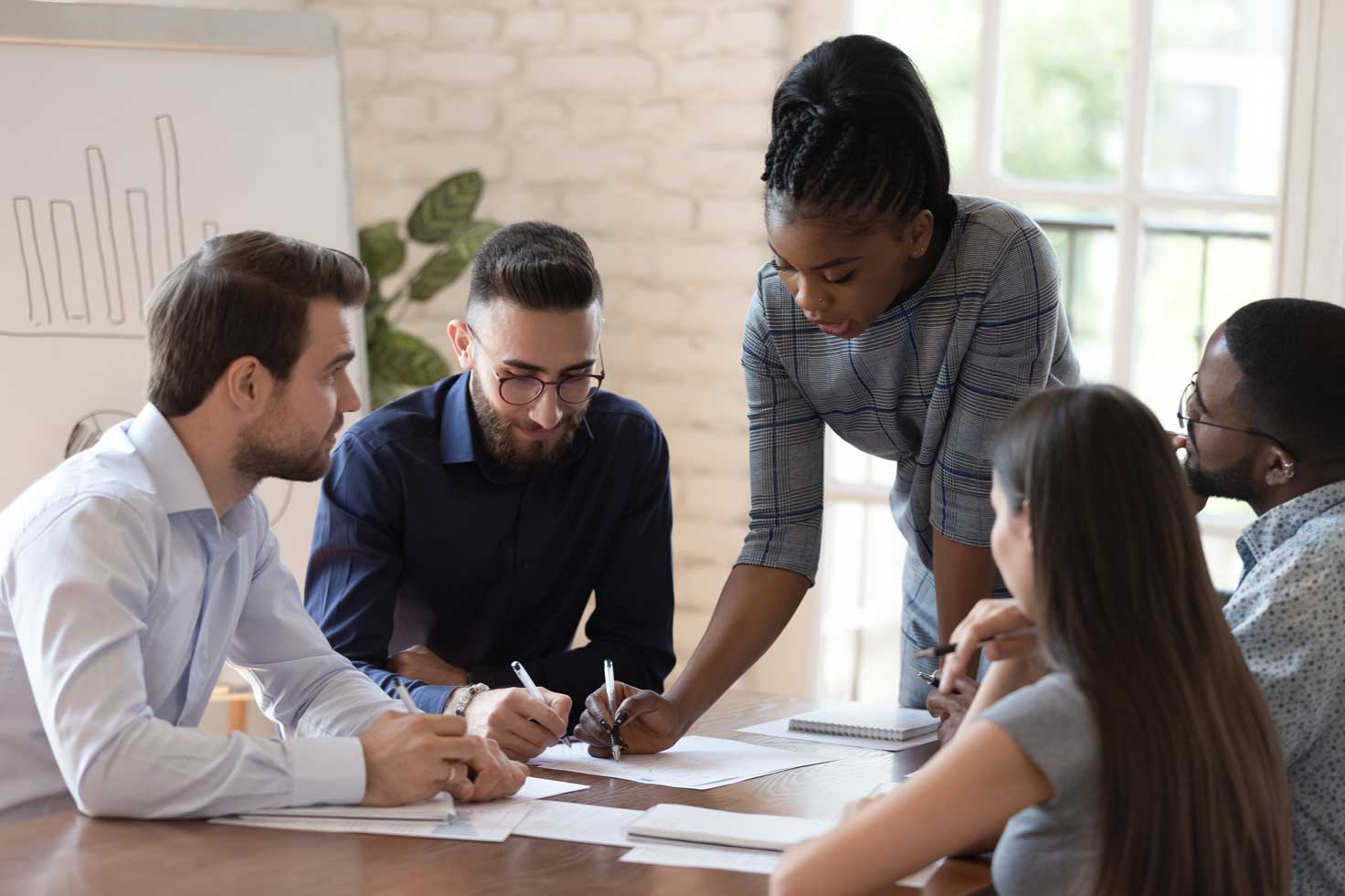When Ethan Call’s usually reliable friend didn’t come to church services, he was worried and texted her. She responded that she was having a bad time and wanted to stay home. Knowing that she struggled with anxiety and depression, Ethan knew something was wrong and immediately went to see her.
“We talked about what she was feeling. At the beginning, she was reserved and uncomfortable, but as we listened nonjudgmentally, I could see in her body movement and the tone of her voice that she was more comfortable and more able to open up,” he said.
Ethan was able to support his friend in her time of need and provide resources for self-help and professional therapy. She started working with a counselor and learned to manage her anxiety and depression better than she had before.
Ethan’s story is just one of many. There are thousands of First Aiders around the country using their Mental Health First Aid training to provide support to their friends.
It can be hard to talk to family members about mental health. That’s why it’s important to have healthy friendships to turn to in times of need. Our friends can be that ear to talk to, shoulder to lean on and nonjudgmental perspective that we need. They can also help increase our sense of belonging, improve our self-confidence and help reduce stress and anxiety.
In fact, studies have shown that “those who enjoy close friendships over their teenage years have a lower rate of depression or anxiety later in life.”
Friendship is something you never outgrow. Older adults who are “living a socially active life and prioritizing social goals are associated with higher late-life satisfaction.”
No matter how old you are or what you’re going through, healthy and close friendships encourage positive mental health and well-being. These friends can celebrate with you through the good times in life and be there for you through the bad.
If you’re not sure how to support your friends through difficult times, take a Mental Health First Aid course. Mental Health First Aid teaches you how to identify and respond to mental health and substance use challenges, how to provide nonjudgmental support, and where to look for professional help. Like Ethan, you can #BeTheDifference for your friends when they need it most.



